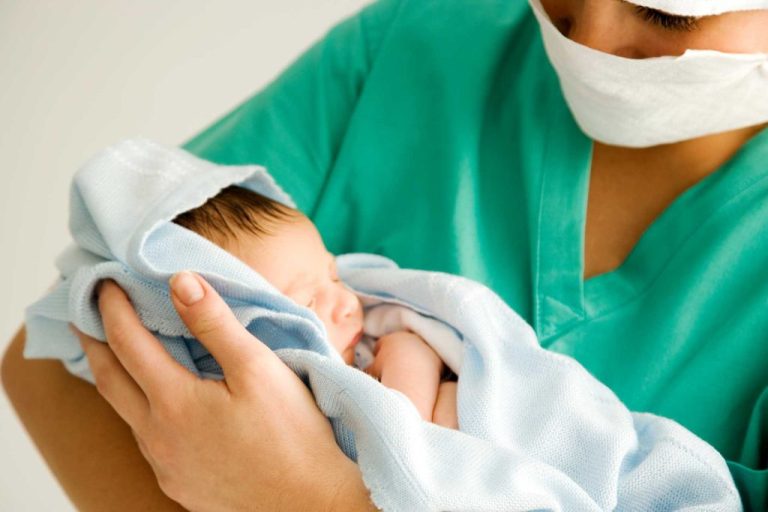A national assessment of all maternity and neonatal services in Wales will begin this month, following a damning review into care at Swansea Bay, the Welsh Government has announced.
The national assurance assessment will be independently chaired and will take into account the findings from recent reviews of maternity and neonatal services across the UK.
“We must all work together and learn from the mistakes that have been made and bravely shared by the women and their families”
Julie Richards
It follows a decision this week to escalate maternity services at Swansea Bay University Health Board to the second highest level of intervention, after an independent review uncovered serious failings.
Health minister Jeremy Miles said: “NHS maternity and neonatal services must learn from what has happened in Swansea Bay.
“Together, we must commit to delivering the best possible experiences and outcomes for all women during pregnancy and birth.
“All women and babies must receive good-quality, safe and compassionate care,” said Mr Miles.
“Their voices must be heard during pregnancy and birth and they must be included in plans to improve services improvement,” he said.
Swansea Bay has now been escalated to level four on the five-point NHS Wales oversight scale, meaning the health board will face enhanced monitoring and oversight.
The findings of the independent review, which were published earlier this week, revealed repeated failures in the quality of maternity care and governance.
While many women had a “mostly positive experience”, others described a “considerably poor or traumatic experience”, said the review report.
Concerns raised by the review included a lack of compassion by staff, women feeling ignored and a failure to listen by staff.
The review also highlighted “language barriers and a lack of cultural awareness” affecting people from different backgrounds.
Other issues included low and inconsistent staffing levels, poor compliance with mandatory training and a loss of experienced staff, leaving a workforce heavily reliant on newly qualified midwives despite increasing demand for clinical expertise.
In response, the Welsh Government announced that it had accepted all 11 recommendations made in the independent review.
These included establishing a single point of access for maternity triage, delivering compassionate and trauma-informed care, improving governance processes and implementing a maternity early warning score (MEWS).
Mr Miles said: “I want to offer a full and unreserved apology on behalf of the Welsh Government to all the women and families who have not received the service or care they deserved and expected from Swansea Bay University Health Board.
“The experiences highlighted today, those reflected in the recent Llais report and those I heard when I met families last month must never happen again.”
Jan Williams, chair of the Swansea Bay University Health Board, said the report identified “a range of failings and experiences that are unacceptable and distressing”.
She added: “We apologise unreservedly to the women and their families who have suffered as a result.
“We acknowledge the traumatic and life changing experiences some will have experienced as a result of harm or loss and offer our heartfelt condolences.”
Meanwhile, Julie Richards, director for Wales at the Royal College of Midwives (RCM), said the review findings “clearly show systematic issues such as chronic understaffing, not listening to women and their families and the board not listening to its own staff”.
“To truly address the challenges, there needs to be substantial investment in maternity services and a commitment to building a midwifery workforce that ensures we have enough staff to meet the demands being placed on maternity services in Wales,” she said.
“To make positive long-lasting change a reality we must all work together and learn from the mistakes that have been made and bravely shared by the women and their families.”
Ms Richards added that the RCM would continue to encourage “sharing of successes and good practice” between health boards to improve safety.
“Equally, the Welsh Government must continue to listen to the lived experience of the women using our maternity services and the staff that work in them, because without truly listening and acting upon their concerns we won’t see the change that we so desperately need,” she added.
The move in Wales comes after a national investigation was recently launched into NHS maternity services in England, in the wake of a series of high profile failures in care.
The investigation, announced in June, is set to look at up to 10 of the worst performing maternity services across the country, to give affected families answers as quickly as possible.

